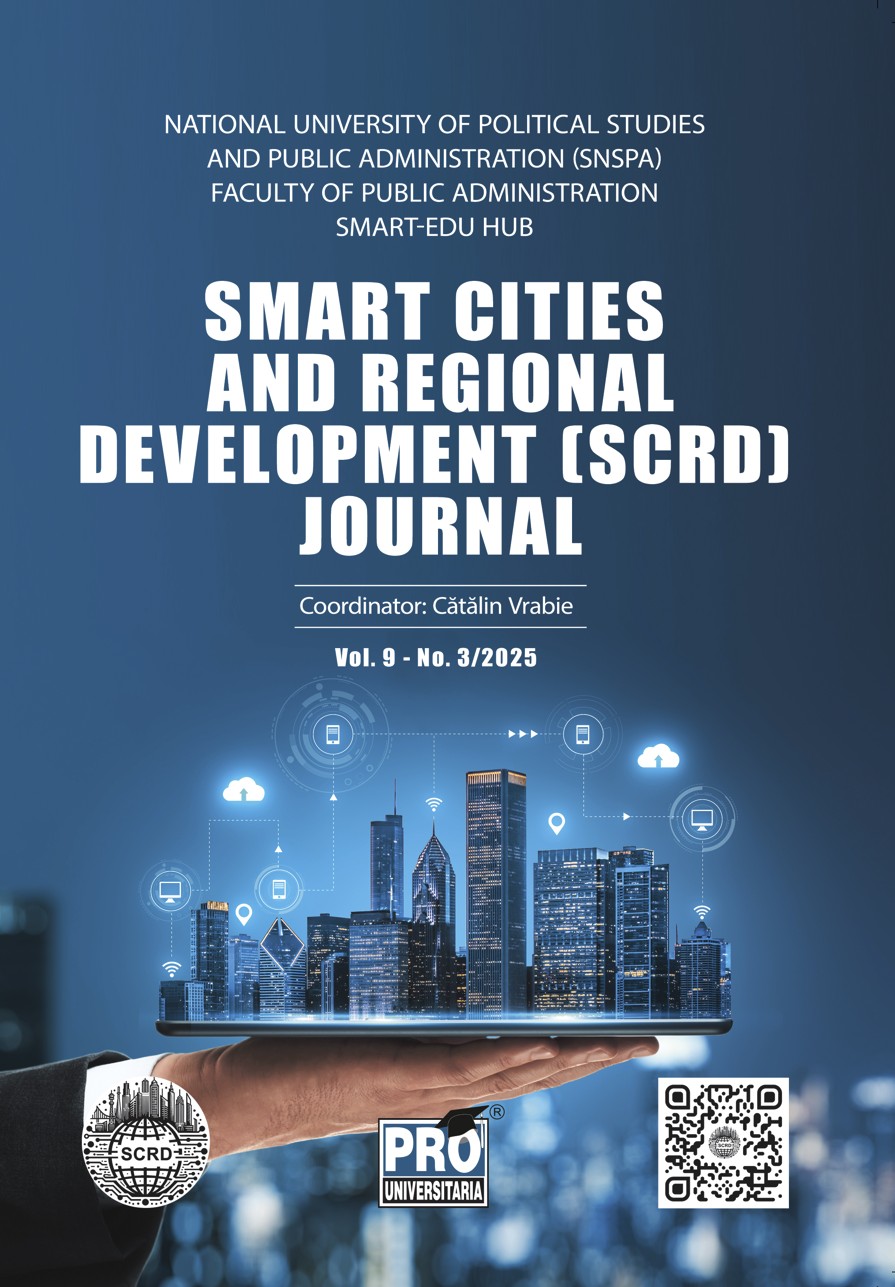Smart Cities and the Rural-Urban Divide in Moldova: Balancing Innovation and Tradition
DOI:
https://doi.org/10.25019/5jt0yh23Keywords:
Smart Cities, Smart Villages, Republic of Moldova, urban-rural divideAbstract
As Moldova advances its smart city initiatives, supported by the EU4Moldova: Focal Regions programme, the country faces both opportunities and challenges in balancing urban innovation with rural traditions. This article explores the impact of digital transformation on Moldova’s urban-rural divide, focusing on the smart city projects in Cahul and Ungheni. These projects, financed by the European Union and implemented by UNDP and UNICEF, include upgrading water supply and waste disposal systems, streamlining public transport, and introducing intelligent public lighting and resource management systems. While these advancements bring significant benefits to urban areas—enhanced governance, improved services, and sustainable infrastructure—rural regions risk being left behind due to limited access to these digital resources. Thus, the digital divide remains a pressing issue as Moldova works to ensure that rural populations also benefit from technological progress. This article critically examines how smart initiatives can bridge the rural-urban divide, integrating rural communities into the digital transformation while preserving cultural traditions. It highlights the importance of public-private partnerships, community involvement, and inclusive policy-making to ensure that Moldova’s digital future benefits all citizens, both urban and rural. This research serves as a foundation for future empirical studies to deepen understanding of these dynamics and guide policymakers in designing effective, inclusive smart city and smart village strategies.
Downloads
Published
Issue
Section
License
Copyright (c) 2025 Mariana Rosca, Rodica Ciobanu

This work is licensed under a Creative Commons Attribution-NonCommercial-NoDerivatives 4.0 International License.


